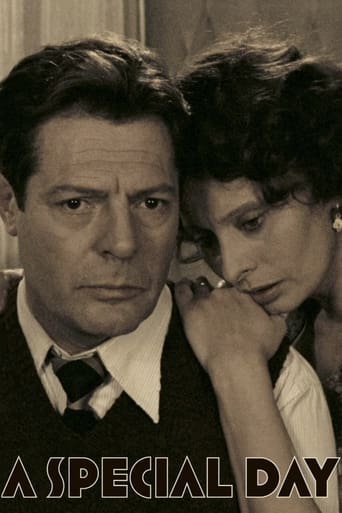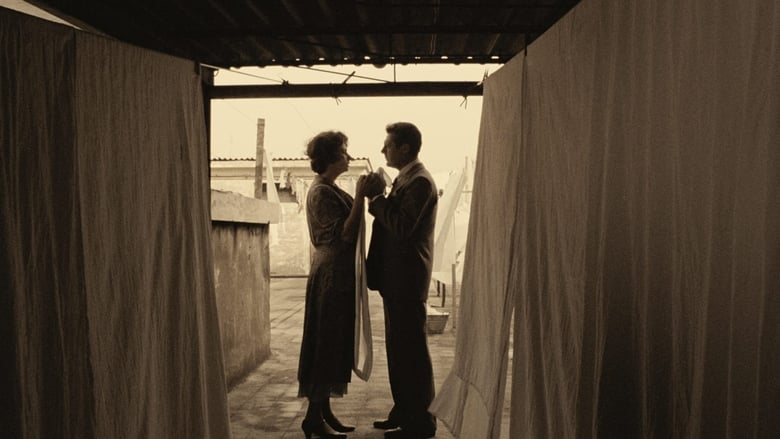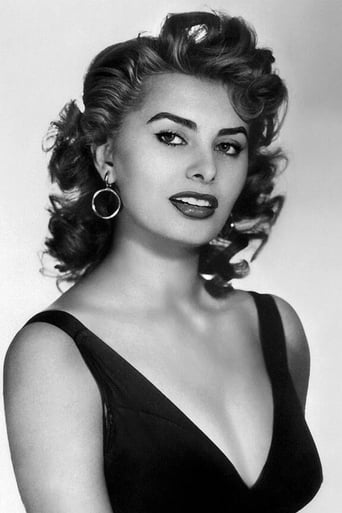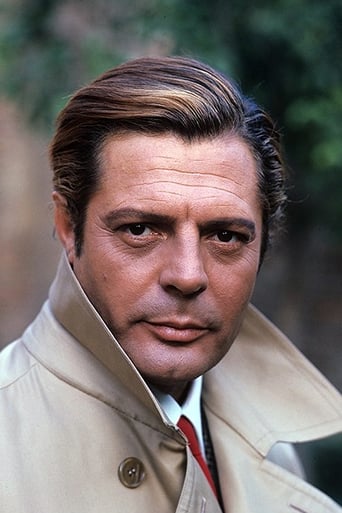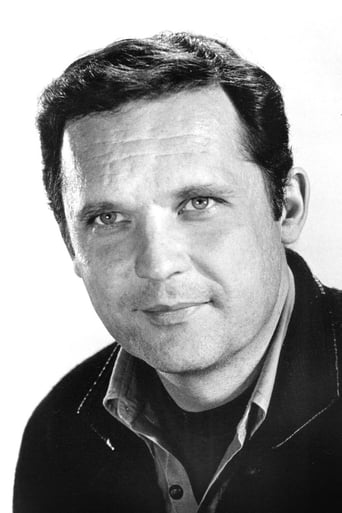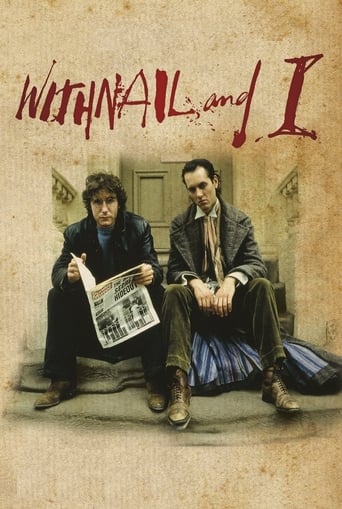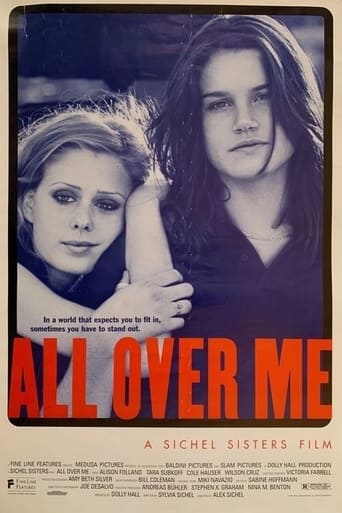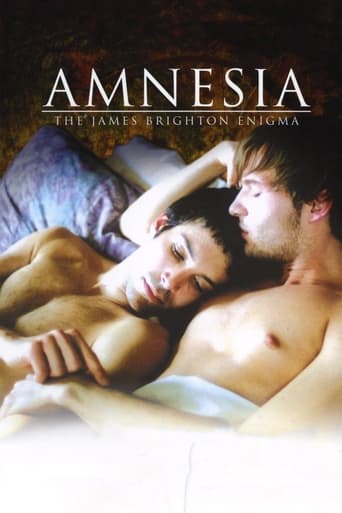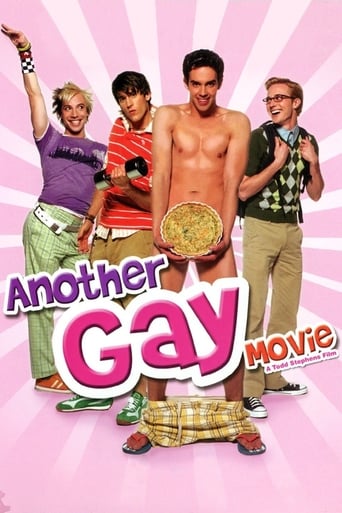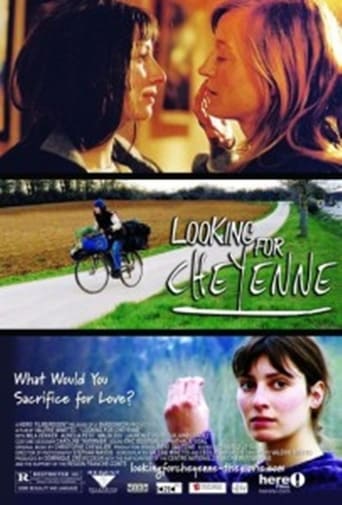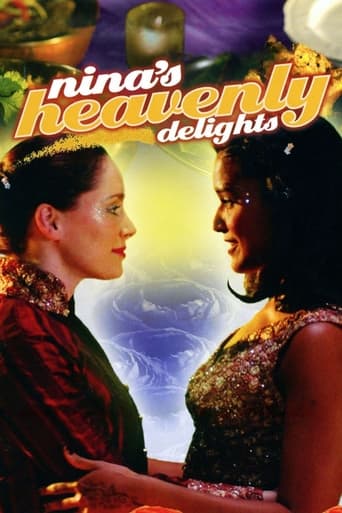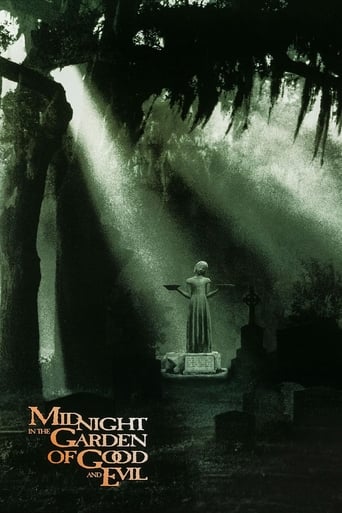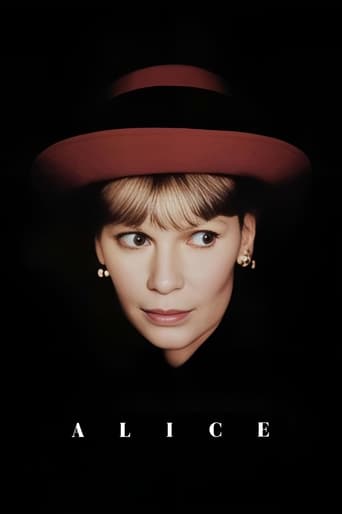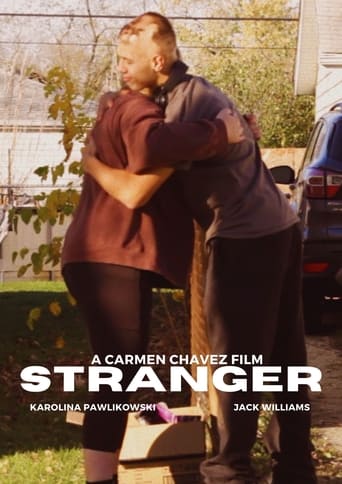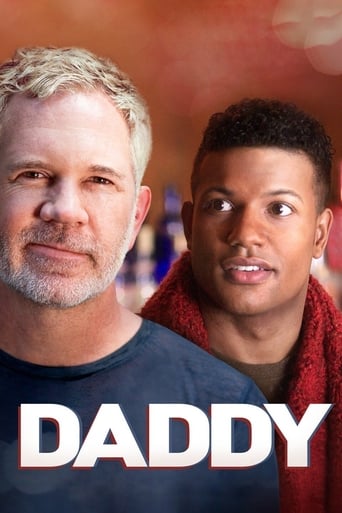A Special Day (1977)
In Rome, fascist supporter Emanuele attends a parade commemorating Adolf Hitler's historic meeting with Italian leader Benito Mussolini, leaving his apolitical wife, Antonietta, to tend to household duties. Antonietta encounters a man, Gabriele, who appears surprisingly nonplussed by the political event. Over the course of the day, the two forge a close friendship that will forever change their perceptions of life, love and politics.
Watch Trailer
Cast


Similar titles
Reviews
Highly Overrated But Still Good
This story has more twists and turns than a second-rate soap opera.
Although I seem to have had higher expectations than I thought, the movie is super entertaining.
I enjoyed watching this film and would recommend other to give it a try , (as I am) but this movie, although enjoyable to watch due to the better than average acting fails to add anything new to its storyline that is all too familiar to these types of movies.
A special film about a special day. After five minutes of archival footage of Hitler arriving in Italy to greet Mussolini, footage that makes it quite obvious where Chaplin got his inspiration from for The Great Dictator, the first shot immediately encapsulates the oppressive nature of fascism and includes a veiled criticism. There's a low angle shot of an apartment complex which blocks out all activities going on outside of it. Swastika flags and flags of Italy are being hung out in celebration of Hitler's visit to Italy and then, in what has to be moment of subtle criticism, a man takes out his trash and dumps it in a nearby container while someone else in the background hangs up a flag of Italy and Germany. The act of emptying a garbage bag is visually similar to hanging up a flag, so it seems like director Scola is comparing fascism to trash. A very nice touch and that's just the first shot.It is the day of the parade in celebration of Hitler's arrival in Italy, but what we see is the rundown apartment complex. We enter one of the apartments to see Antonietta (Sophia Loren) waking up and – in one long shot – proceeding to wake up her kids (all six of them). In a Neorealist manner, we see the family's morning routine, as Antonietta keeps bumping her head against the kitchen lamp, one of her sons draws a mustache on his face to appear more masculine in preparation for the parade, another son secretly smokes in the bathroom and, typically, the husband is revealed as the most juvenile of them all, as he's the last one to be woken up. Eventually, everyone except Antonietta leaves for the parade, while she's expected to take care of the house. The pet bird escapes, of course symbolizing her subconscious desire to escape, and lands near a man's window. She rings his doorbell and asks for help. Unbeknownst to her, the man, Gabriele (Marcello Mastroianni), is a homosexual who was recently fired at the radio station he worked at for his 'way of life' and his beliefs. In fact, her ringing the doorbell is what literally stops him from committing suicide. They catch the bird and briefly converse and eventually she leaves. Suddenly feeling inspired, he decides to pay her a visit, realizing it's about to be a special day. The rest of the film chronicles their ever developing relationship.In terms of its story, Giornata has a lot in common with David Lean's Brief Encounter. The major difference is obviously the role fascism plays in every aspect of this film. From the drab setting, to the fascist zeitgeist, to the overwhelming presence of masculine behavior, Giornata paints a world where fascism seems there to stay, a sense that's only bolstered by the nationalist anthems the janitor is playing full blast on her radio ad infinitum and ad nauseam. Indeed, one of the best things about the film is how the ever-present radio provides a harrowing backdrop to the tender relationship between the two leads. Don't make the mistake, however, of thinking this film is depressing. There are countless wonderful details in the depiction of Antonietta and Gabriele's relationship. When she notices part of her stockings is wet, she pulls it under her toes so he won't notice. When he's grinding coffee beans, she quickly retreats to the bathroom to apply some makeup; she grabs the lipstick, but realizing that would be way too obvious she leaves it and pulls one of her curls across her face and squeezes her cheeks to inject some color. All these little details bring out the Brief Encounter-esque character of the film and it's all the better for it.And let's not forget the performances with both actors being cast against type. Sophia Loren was of course a 20th century icon, incredibly famous, so for her to take on a role as down to earth as this was daring to say the least. Though I'm no Loren expert, when I think of her, the word that springs to mind is 'vibrant', the exact opposite of Antonietta who only laughs once in the entire film, wears no makeup and looks tired all the while having to display a subtle dissatisfaction with her life with Gabriele symbolizing the possibility of escape. The same goes for Mastroianni. Though a famous leading man (having worked repeatedly with Fellini), here he plays a homosexual in fascist Italy. Mastroianni elicits a lot of sympathy and, most importantly, doesn't overplay the gayness factor. He doesn't prance around or anything. It's far cry from the clichés that saturated early Hollywood films. Instead, Gabriele's little outbursts of joy, like him riding a wooden mini-scooter through Antonietta's apartment, symbolize his desire to break free of a restrictive fascist regime that doesn't want him. Bottom line is that if you like Brief Encounter and its subtle, human exploration of relationships, you will by definition like Una Giornata Particolare.
I watched this movie recently together with my sister who likes the performances of Sophia Loren. I'm a person who they call a Cultural Barbarian. I hate art in any kind of shape or form. Rambo is more my kind of movie, action, kills, blood, horror. If you recognize yourself in this avoid this movie like the plague. No one dies, no action, no nudity, nothing of the kind. Let me give you a résumé in a few sentences. It starts out with 5 minutes in black and white Nazi propaganda. Every Italian in a housing block attends a parade in honor of Hitler, except for a housewife, an anti fascist and a caretaker. The housewife who is cheated by her husband, meets the anti fascist. She falls in love with him, wants to make love to him, but the anti fascist is gay. Despite of this they make love with each other. At the end of the day, the housewife reads a book from her gay lover, and the guy himself is deported by agents. The end. You want an even shorter résumé? BORING... That short enough? The guy should have used his gun in the beginning of this movie and shoot himself, to save the audience from this atrocity. On a side note my sister loved this movie. Like I said, I'm a Cultural Barbarian...
May 1938. Hitler in Italy. Preparations for historical appointment with Mussolini.Emotions , tensions and forms of self-affirmation. a empty town, a housewife and a journalist. The meeting of two different worlds. Refuge for a mother with a sad life. Short filling for a classical victim. A story about solitude and silence. About the form of of life's nooks and desire like fight's form. The great character- a book gifted in a spring's afternoon. This movie is a poem, remarkable for the art to describe the shades of common loneliness. A pleading for a ineffable relation with reality. And with your interior world. The pictures of Il Duce, the clumsiness of Antonietta, the patience and the frailty tension of Gabriele, the art of director to give the sense of script grace two great actors makes this film sublime, foretaste of subtle delicacy, a wonderful film about hypocrisy and arbitrary verdict, about essence of life and repulsiveness of any tyranny. Loren and Mastroianni are the masters of a magnificent intelligent acting. A clear masterpiece.
A SPECIAL DAY (Ettore Scola - Italy/Canada 1977).Every once in a while, you come across a film that really touches a nerve. This one offers a very simple premise, almost flawlessly executed in every way and incredibly moving at the same time. It's surprising Ettore Scola's "Una giornate particulare" is relatively unheralded, even hated by some critics. Time Out calls it 'rubbish' and Leonard Maltin, somewhat milder, 'pleasant but trifling.' I disagree, not only because this film is deeply moving, but within its simple story it shows us more insights about daily life in fascist Italy than most films I've seen. The cinematography is distinctly unflashy, even a bit bland, and the storyline straightforward, which might explain the film's relative unpopularity. Considering late '70s audiences weren't exactly spoiled with great Italian films, it's even stranger this one didn't really catch on with the critics.The film begins with a ten-minute collage of archive footage from Hitler's visit to Italy on may 8th 1938. Set against this background, we first meet Antonietta (Loren), a lonely, love-ridden housewife with six children in a roman apartment building. One day, when her Beo escapes, she meets her neighbour Gabriele (Mastroianni), who seems to be only one in the building not attending the ceremonies. He is well-mannered, cultured and soon she is attracted to him. During the whole film, we hear the fascist rally from the radio of the concierge hollering through the courtyard. Scola playfully uses the camera to make us part of the proceedings. After the opening scene, the camera swanks across the courtyard of the modernist (hypermodern at the time) apartment block, seemingly searching for our main characters, whom we haven't met yet. Marcello Mastrionani and Sophia Loren are unforgettable in the two leading roles, all the more astonishing since they are cast completely against type. Canadian born John Vernon plays Loren's husband, but he is only on screen in the first and last scene. I figure his voice must have been dubbed, since he's not of Italian descent and never lived there, to my knowledge, so I cannot imagine he speaks Italian. If his voice has been dubbed, I didn't notice at all. On the contrary, he's completely believable as an Italian, even more than the rest of the cast. The story is simple but extremely effective, the performances are outstanding, the ending is just perfect and the framing doesn't come off as overly pretentious but works completely. Don't miss out on this one.Camera Obscura --- 9/10

